Pumpkin seed cake can replace soybean meal in dairy cows
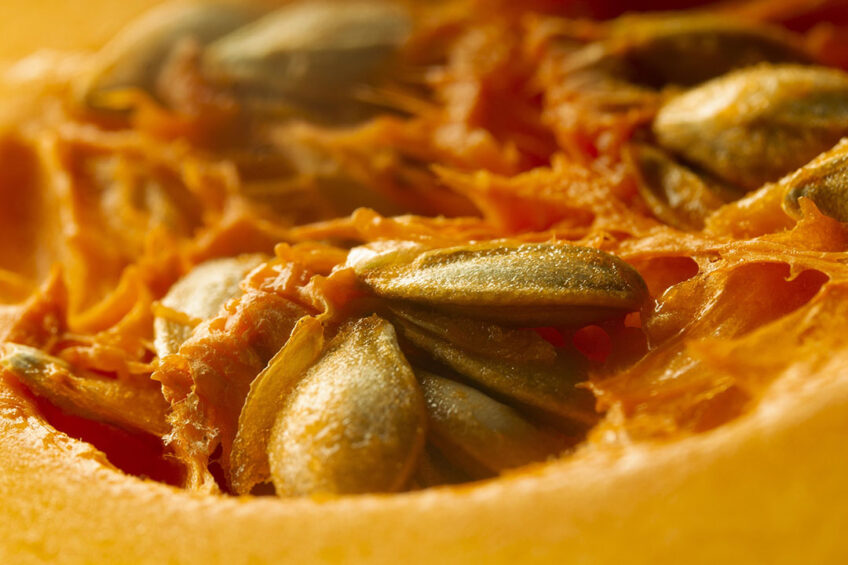
A study has revealed that pumpkin seed cake can successfully replace soybean meal in the diet of dairy cows without negatively effecting milk performance and rumen fermentation.
Furthermore, an improvement in antioxidant functions of dairy cows was discovered.
Replacement of soybean meal
Soybean meal is an excellent protein source used for ruminants because of its high protein content and excellent amino acid profile, however, high and variable soybean meal prices have led to attempts to partially or totally replace soybean meal.
Pumpkin seed cake as alternative protein source
Pumpkin seed cake (PSC), a by-product of pumpkin seed oil processing, could offer dairy farmers a valuable alternative feed as a beneficial protein source.
Researchers in China, therefore, conducted a study to evaluate PSC as a substitute for soybean meal in the diets of lactating cows based on performance, rumen fermentation, antioxidant function and nitrogen partitioning.
Feeding the future: A sustainable approach to dairy farming
Dairy cows and beef cattle are uniquely suited to utilise Earth’s grasslands and plant byproducts while providing a highly nutritious source of dietary protein for human consumption. Read more…
Nutritional qualities of PSC
According to the researchers, PSC has a higher crude protein (CP, 598 g/kg) concentration than many commonly used oilseed-based feed ingredients, has high lysine (32 g/kg) and methionine (18 g/kg) content, and improves the palatability of concentrates to ruminants.
The study with Holstein lactating cows
6 multiparous Holstein lactating dairy cows (body weight = 610 ± 21.5kg, days in milk: 95 ± 10.1, parity: 2, and milk yield = 28.7 ± 1.9) were randomly divided into 3 treatment groups:
- The cows in Group 1 were fed a diet containing no PSC (0PSC)
- The cows in Groups 2 were fed a diet in which PSC and dried distillers’ grains with solubles (DDGS) replaced 50% of the soybean meal (50PSC)
- The cows in Groups 3 were fed a diet in which PSC and DDGS replaced 100% of the soybean meal (100PSC).
The diets were isonitrogenous and contained identical roughage.
Positive findings for dairy cow health
The replacement of soybean meal with PSC and DDGS did not influence rumen degradation, milk performance, rumen fermentation, dry matter intake or apparent total tract digestibility. Plus nitrogen partitioning between milk, faeces, and urine did not differ in the animals fed 1 of the 3 diets.
However, compared with a diet containing no PSC, the total antioxidant capacity and antioxidant enzyme (total superoxide dismutase, glutathione peroxidase, and catalase) activities were increased in the animals that received the 50PSC and 100PSC diets. In contrast, the addition of PSC significantly reduced concentrations of aspartate transaminase, alkaline phosphatase and malondialdehyde in the plasma.
Pumpkin seed cake a valid feed ingredient for dairy cows
These results demonstrate that PSC can substitute soybean meal in the diet of dairy cows without negatively impacting milk performance, rumen fermentation or apparent digestibility and that this dietary change improves antioxidant functions and blood parameters in dairy cows. The researchers, therefore, conclude that the study indicates that pumpkin seed cake has the potential for use as a feed source for dairy cows.
*The research team in China consisted of Y. Li, G. N. Zhang, X. P. Fang, C. Zhao, Y. X. Lan, L. Che, Y. K. Sun, J. Y. Lv, Y. G. Zhang from the College of Animal Sciences and Technology, Northeast Agriculture University, as well as H. Y. Wu from Jinlin City Academy of Agricultural Sciences, and C. F. Pan from Heilongjiang Technical Appraisal Station of Agricultural Products, Veterinary Pharmaceuticals and Feed in Harbin.
Source: Sciencedirect
Join 13,000+ subscribers
Subscribe to our newsletter to stay updated about all the need-to-know content in the dairy sector, two times a week.
 Beheer
Beheer
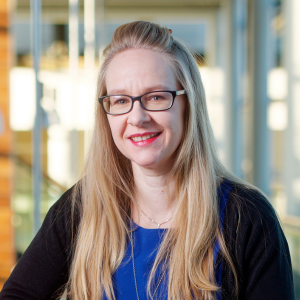
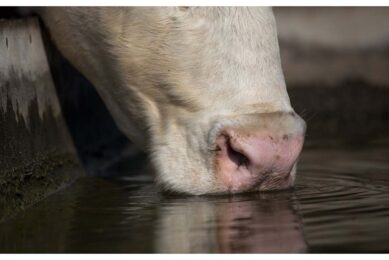
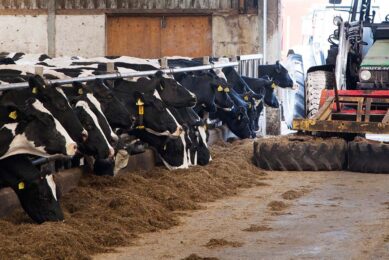
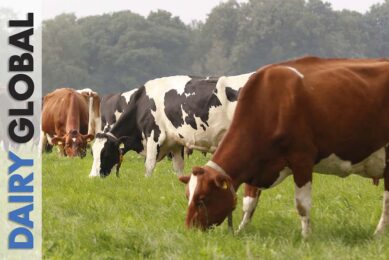
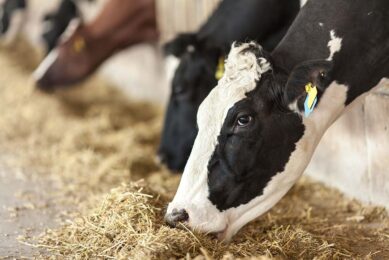
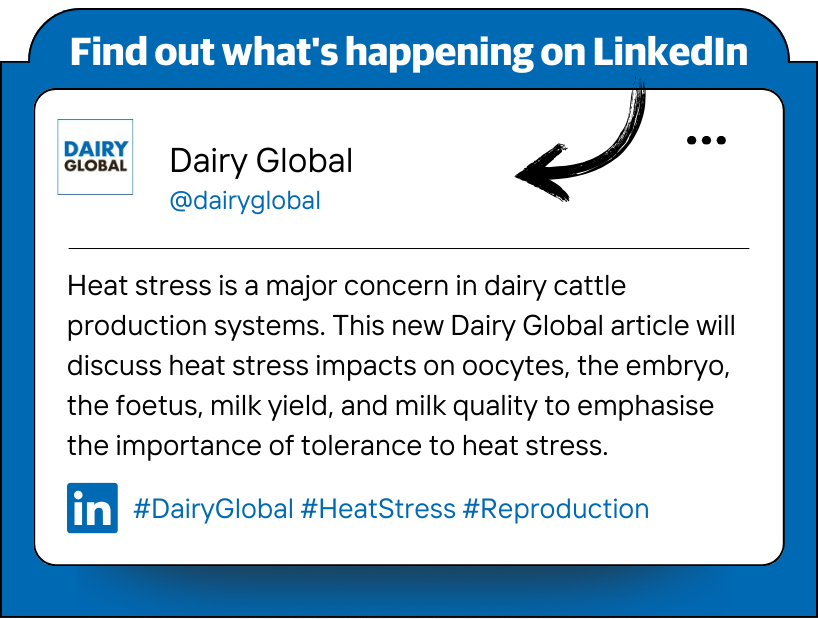



 WP Admin
WP Admin  Bewerk bericht
Bewerk bericht